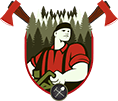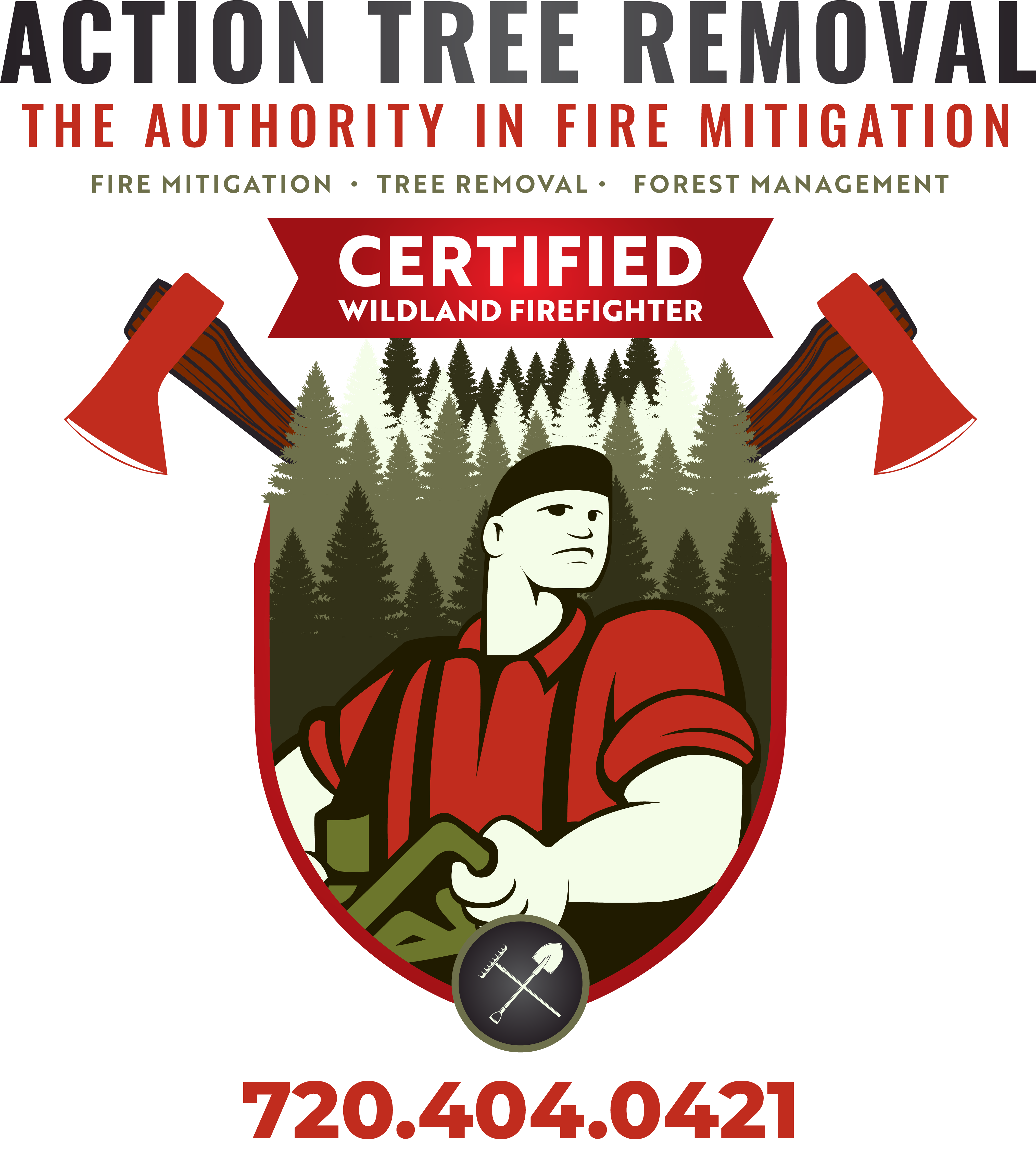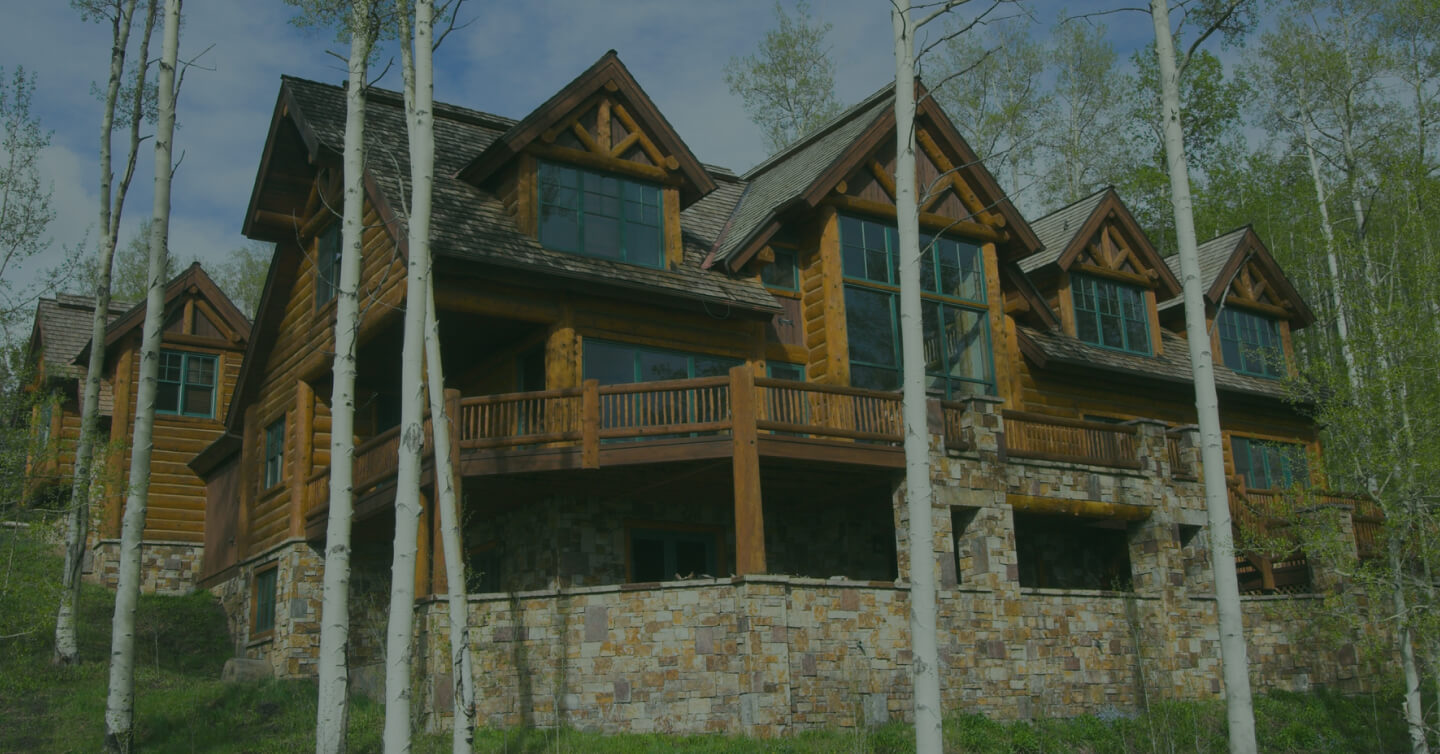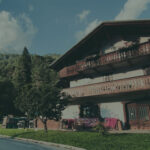Residents and tourists alike must work together to keep Colorado’s beautiful mountains and forests in pristine condition for future generations. People visiting the state to take advantage of its breathtaking scenery and numerous recreational activities should be aware of the strict fire safety laws that have been passed. As a result of the unique threats posed by wildfires and open burning, some counties in Colorado, including Jefferson County, Park County, Clear Creek County, and Summit County, have enacted their own unique set of fire restrictions. Individuals can help reduce the risk of wildfires destroying homes, businesses, and open spaces by familiarizing themselves with and following these fire guidelines.
The information provided in this article is to inform readers on the specific fire prevention tips and permitted activities in each of the aforementioned counties, with the understanding that such knowledge is essential for safe and enjoyable outdoor recreation. Individuals may make educated judgments about their outdoor activities, protecting the environment and avoiding harm to themselves and others, by reviewing the various rules and laws in existence.
Jefferson County Fire Restrictions
During fire restrictions in Jefferson County, certain activities are prohibited to prevent the risk of wildfires. Any activity involving the production, upkeep, attendance, or use of a fire or recreational campfire falls into this category. Liquid or gas-fueled appliances, licensed wood pellet grills, and charcoal barbeque grills placed at least 30 feet away from undeveloped areas are still permitted. Torch appliances, such as those used for welding and cutting, can be used, but they must be used at least 30 feet from any undeveloped land. Portable outdoor fireplaces are allowed in single-family and two-family homes, provided they are not used closer than 15 feet to a structure or flammable material. It is imperative that anyone working under exemptions have access to extinguishing agents and/or coordinate with the local fire department in the case of an uncontrolled fire.
County Policy Part 3, Chapter 6, Section 2 establishes the maximum penalties for violating the fire restriction as $600. During fire bans, it is illegal to use, sell, or obtain a permit to sell pyrotechnics in Jefferson County. No smoking is permitted outside of enclosed cars or buildings, designated leisure places, or areas at least six feet in diameter that have been cleared of all combustible debris. Penalties under the International Fire Code may be imposed for violations of certain regulations.
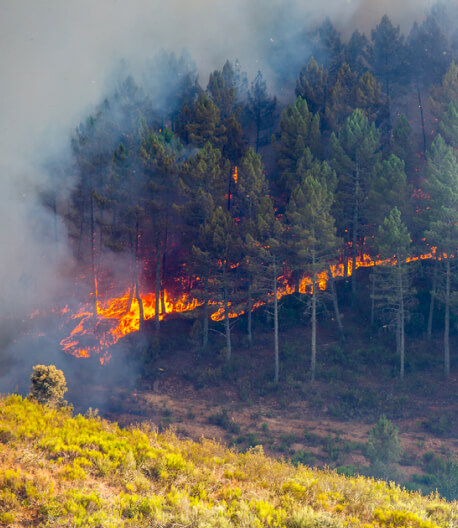
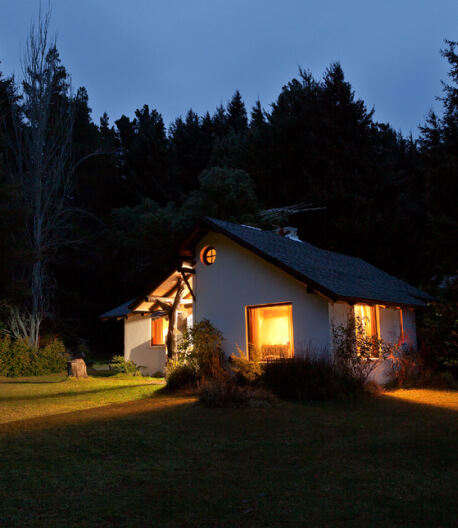
Clear Creek County Fire Regulations
In the unincorporated sections of Clear Creek County, open burning of slash piles is only allowed with a permit. County employees have a notification list for planned open burning activities to protect people with respiratory issues. If you suffer from breathing problems and would like to be added to the list, please contact the Community Development Division with your full name, email address, street address, and postal code. In 2012, the County Board of Commissioners passed Clear Creek County Ordinance 12, which established the current permit system. Residents who want to burn on public or private property must provide proof of authorization from the proper authorities or owners. Open burning is prohibited during the hours of darkness and must be overseen from the time it begins until it is completely put out. A portable fire extinguisher with a 4-A rating or higher, as well as other permitted materials like earth or water, should be readily available in the event of a fire. To prevent the fire from spreading, there are rigorous fire mastication regulations regarding proximity to buildings and flammable items.
Summit County Fire Prevention and Restrictions
Wildfire prevention is a top priority for Summit County, as more than 80 percent of wildfires are human-caused. Visitors and locals alike must be aware of and abide by all fire safety regulations. Based on seasonal patterns, the Summit County Board of Commissioners has lifted Stage 1 fire restrictions, but it is still critical for residents to make decisions that keep woods and open areas safe. Wildfire prevention is a community effort in Summit County, which includes working with nearby municipalities and the White River National Forest’s Dillon Ranger District. There is a strong emphasis on campfire safety, and people are encouraged to research any fire bans in their area prior to lighting a fire. Recreational outdoor fires are only permitted in established campgrounds, permanent fire pits, or fire grates per Stage 1 Fire Restrictions and Summit County’s year-round restrictions. A fire permit is required in order to install a fireplace that was produced commercially on private property. All fires need to be contained within a protective screen and set at least 15 feet from any combustible object or structure. Campfires are not allowed under Stage 2 Fire Restrictions. Small campfires, supervised by an adult, are safer, as is using water and stirring the ashes and coals to ensure they are totally doused. In order to educate tourists about rules for conserving natural resources and preventing wildfires, Summit County and the United States Forest Service have formed a Wildfire Prevention Patrol. This four-person crew monitors campsites, makes contact with tourists, and distributes fire-prevention messages.
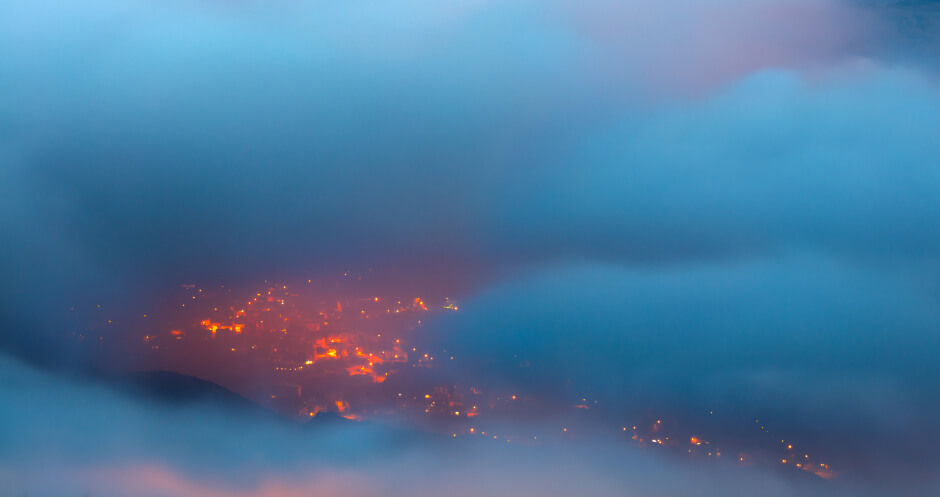
Park County Fire Regulations
Park County has seasonally-specific regulations for open burning. Local burn permits are not necessary for permitted materials between March 1 and August 31; however, individuals are still expected to phone 222-2050 prior to fire. If you live in Montana, you can call 1-800-225-6779 to get recorded air quality information from the Montana State Department of Environmental Quality Air Resources Management Bureau (DEQ) between September 1 and November 30 with a restricted burning permit for non-prohibited items. Closed burning of non-prohibited materials is permitted only with special authorization from DEQ from December 1 through February 28; if granted permission, individuals must phone 222-2050 prior to igniting. Unless otherwise prohibited by state or local law, recreational fires of 48 inches or less at the base can be lit year-round.
Grass, tree limbs, hay/straw, sage, and untreated lumber are all acceptable items for open burning in Park County. However, the Air Quality laws give a list of prohibited products from open burning. Individuals are accountable for their burns regardless of whether or not they are legal, and local burn licenses must be secured for the current calendar year. Fires can easily get out of control, so it’s important to take safety precautions like not leaving the fire unattended
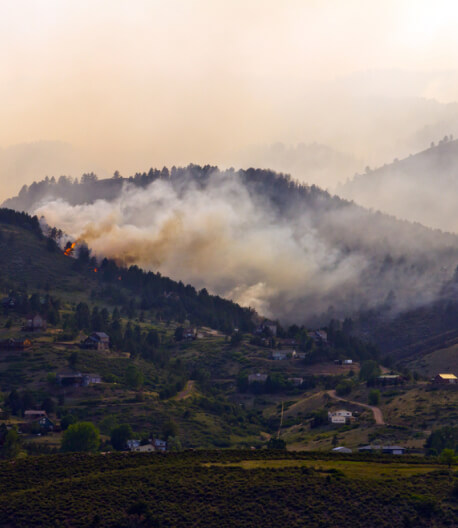
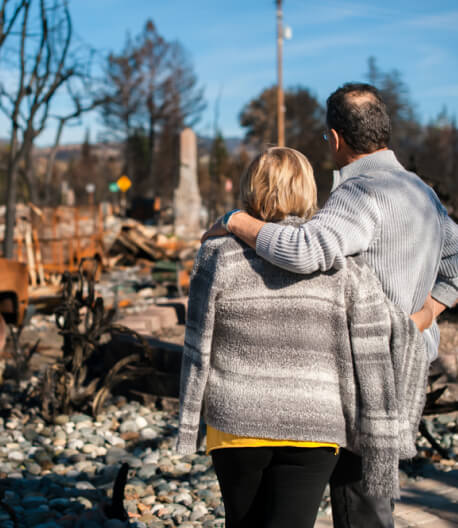
Grass, tree limbs, hay/straw, sage, and untreated lumber are all acceptable items for open burning in Park County. However, the Air Quality laws give a list of prohibited products from open burning. Individuals are accountable for their burns regardless of whether or not they are legal, and local burn licenses must be secured for the current calendar year. Fires can easily get out of control, so it’s important to take safety precautions like not leaving the fire unattended
Overall
In conclusion, fire laws are vital to the protection of Colorado’s towns and the maintenance of the state’s pristine natural environments. Wildfires and open burning present distinct issues, thus local governments in Jefferson, Park, Clear Creek, and Summit Counties have each enacted their own set of fire rules. These rules are an attempt to find a middle ground between the need to protect the public and the desirability of allowing certain activities to proceed under closely monitored conditions. As can be seen from the supplied examples, fire regulations differ from county to county, but they share a common goal: the prevention of wild fires and the protection of human life, private property, and ecologically significant areas.
This article is intended for informational purposes and not legal purposes. As always, check with your local State, County, and City Fire Departments for official rules and regulations.
Useful Links for more information
Colorado Wildfire Mitigation Tips
Park County Fire Regulations
Summit County Fire Regulations
Clear Creek County Fire Regulations
Clear Creek County Burn Permits
Jefferson County Fire Ban
Park County Fire BansWildfire Mitigation Tips
Last modified: January 26, 2024
